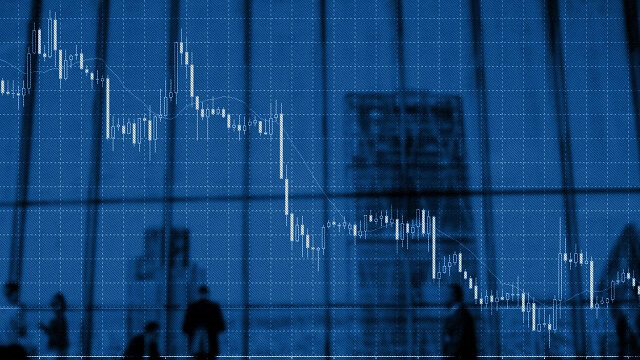15 Factors That Affect Forex Trading's Longevity
Posted on 23rd Dec 2016
With buyers and sellers from everywhere around the globe participating in trillions of dollars of trades each day, forex is a truly global marketplace. Demand and supply forces in the market impact currency prices. These forces, in turn, are influenced by many factors which increase demand at times and supply at others, causing the currency values to vary. Here are some economic trends and cycles that those uninitiated to forex ought to know.
- The Role of Macroeconomics in Forex: The forex market is primarily goaded by overarching macroeconomic factors that affect the decisions of the traders who eventually determine the value of a currency at any given point in time.
- Capital Markets: The global capital markets are probably the most palpable indicators of an economy's robustness. A wide rally or sell-off of securities originating from one country or another should be a clear signal that the future outlook for that economy has changed in investors' eyes.
- Commodity markets: Many economies are sector-oriented. Commodity traders, like forex traders, rely heavily on economic data for their trades. So in many cases the same economic data will have a direct influence on different markets. For instance gold has a profound impact on the value of world currencies.
- Bond markets: The bond markets are also critical to what is happening in the forex market, since both fixed income securities and currencies rely heavily on interest rates.
- International Trade: The trade levels between nations serve as a measurement for the relative demand of goods from a nation. A nation with goods or services that are in high demand internationally will typically see an appreciation of its currency.
- Political Conditions: The political landscape of a nation plays an important role in mapping the economic outlook for that country and consequently the perceived value of its currency. Forex traders are always monitoring political news and events to gauge what moves, if any, a country's government may take in the economy. A forthcoming election is always a bellwether for currency markets.
- Economic Releases: Economic reports are the backbone of a forex trader's playbook. Maintaining an economic report calendar is vital to staying relevant in the fast-paced marketplace. GDP may be the most obvious economic report, as it lays the groundwork of a country's economic performance and strength.
- Inflation: It is also a very important indicator as it sends a signal of rising price levels and falling purchasing power. However, inflation is a double-edged sword, as many view it as placing downward pressure on a currency due to retreating purchasing power.
- Purchasing Power Parity: PPP measures the comparative power of a currency to purchase goods and services in a country. If two countries are not evenly matched with respect to PPP and one currency has greater purchasing power than the other then it has a higher value in the forex market.
- Interest Rate Parity: The interest rates prevalent in two countries must be comparable so that investments generate appropriate returns.
- Employment Levels: Employment levels determine the productivity of a nation. A good employment rate is a sign of a robust economy and forms the basis for more investments.
- Consumer Spending: The amount of money which the people of a country are spending gives an idea of what they think about the economy. If spending is low and saving is high, then it shows that people fear an economic downturn. This indicates that the currency value may sink in future.
- Government Policies: Government policies are created and implemented to encourage prevailing economic conditions during a positive trend and to correct the imbalance if the economy is not faring well.
- Natural Factors: A natural calamity like floods, famine or drought in a country will have a negative impact on its currency value.
- Market Sentiment: Market sentiments directly influence demand and supply within the market. During times of global economic unrest, values will increase for stronger currencies which are linked to countries viewed as stable.



